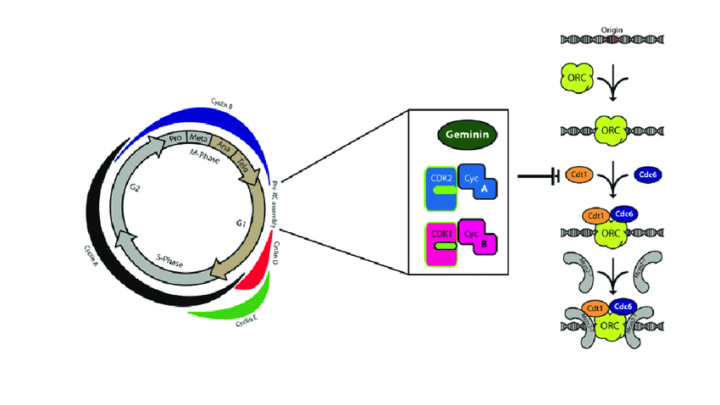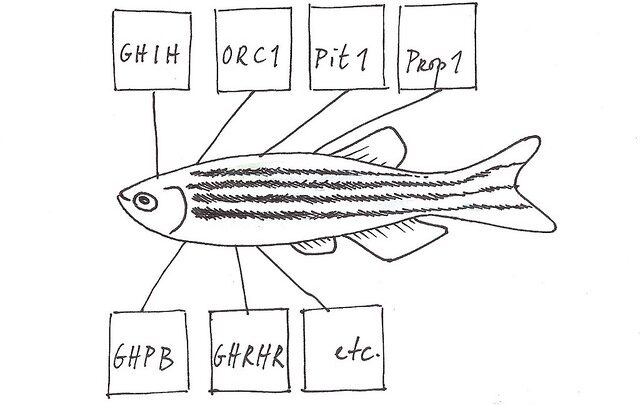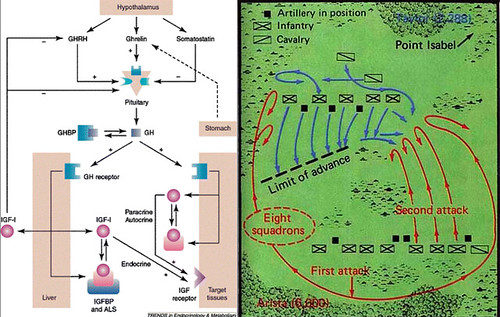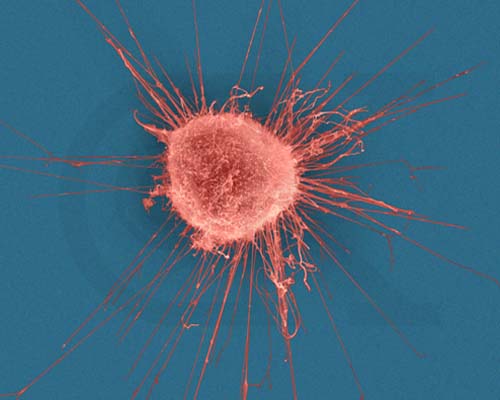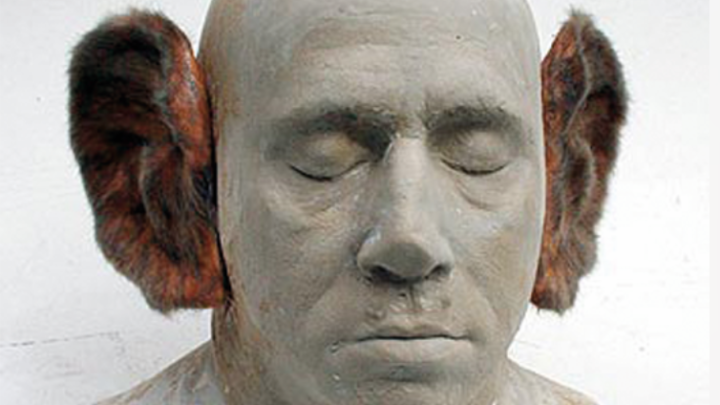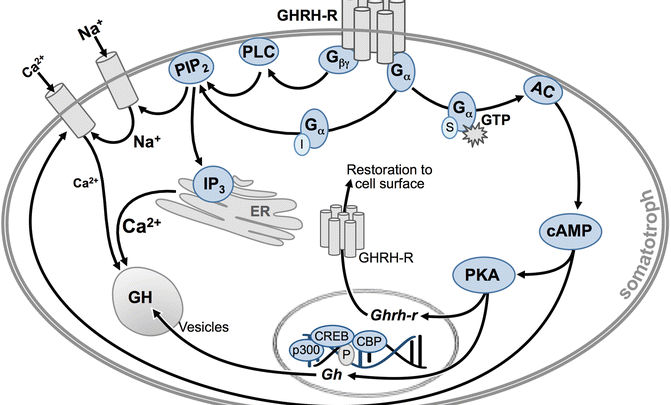Category: Endocrinology
High on Cheese
January 29, 2012Somatostatin Zebrafish Farm
January 18, 2012Outgrowing Life (Robert Wadlow)
December 31, 2011Medicalizing Short Stature
November 17, 2011The Larons
November 9, 2011Tall Risk
August 3, 2011Of Snell Mice and Men
April 17, 2011GHRHR
February 11, 2011It seems as if nature itself is already investigating ways to counter hypergrowth, overpopulation and overconsumption. It’s creating perfectly proportioned, but small, human beings. Pituitary dwarfism, also known as Dwarfism of Sindh, is a form of growth absense where all parts of the body grow equally slow. At…
